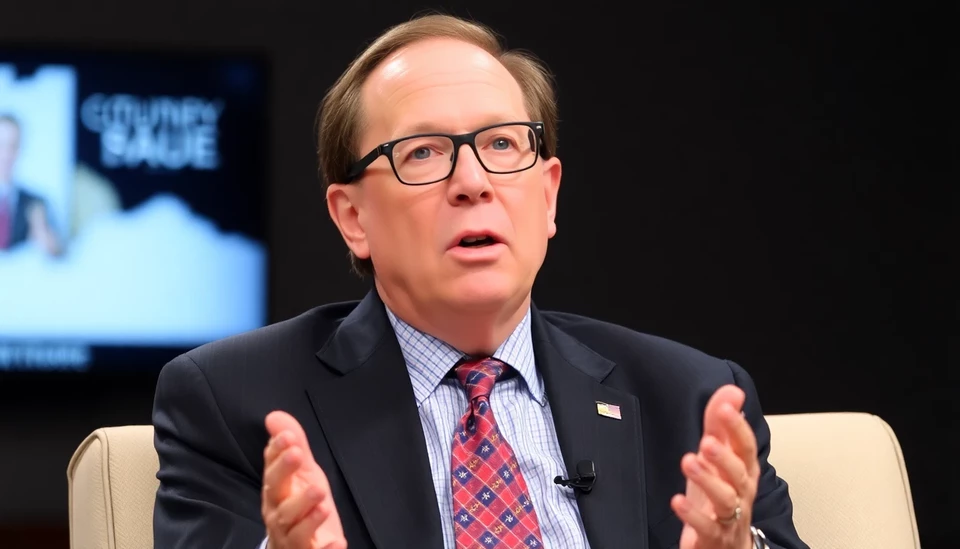
In a notable shift within the financial sector, BlackRock, the world's largest asset manager, has announced its withdrawal from a prominent climate-focused organization. This decision comes amidst a broader trend of major Wall Street firms reevaluating their involvement in climate initiatives, raising questions about the future of corporate responsibility in the face of climate change.
BlackRock's decision to exit this influential climate group underscores a growing disconnect between heavily promised sustainability goals and the practical demands of operating in an increasingly complex market environment. The firm has faced criticism for its approach to climate risks and fossil fuel investments, leading to intensified scrutiny from various stakeholders.
The move aligns with a surge of other financial institutions like Goldman Sachs, which have also stepped back from similar commitments. This exodus reflects an emerging reluctance among major players to solidify their pledges to sustainability, especially under pressure from shareholders and the changing geopolitical landscape. The increasing economic consequences posed by climate change, coupled with the rising energy prices, have created a dilemma for these firms as they seek to balance profit with ethical considerations.
Critics argue that BlackRock's departure could undermine the collective efforts to address climate change and weaken the impact of corporate leaders who advocate for more robust environmental standards. Once regarded as a stalwart in the climate dialogue, BlackRock now faces the challenge of reconciling its commitments to sustainable investing with the realities dictated by its investors and market competitors.
Industry analysts note that while financial institutions must prioritize their fiduciary responsibilities, the implications of withdrawing from climate groups may have lasting ramifications for public perception. With more firms distancing themselves from collective climate action, there is a growing concern that the financial sector's commitment to combating climate change is waning, potentially undermining collective efforts coordinated during global climate summits.
Ultimately, BlackRock's exit from the climate coalition raises serious questions about the viability of sustainability endeavors within mainstream finance. As the landscape evolves, the implications of this trend could shape the narrative around corporate accountability and climate responsibility in the coming years.
As Wall Street navigates these turbulent waters, stakeholders from all angles will be looking for answers on how these significant decisions will impact future climate change initiatives and the finance industry's commitment to sustainable practices.
#BlackRock #ClimateChange #Sustainability #WallStreetExodus #CorporateResponsibility #FinanceNews #EnvironmentalImpact
Author: Sophie Bennett




